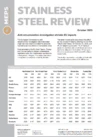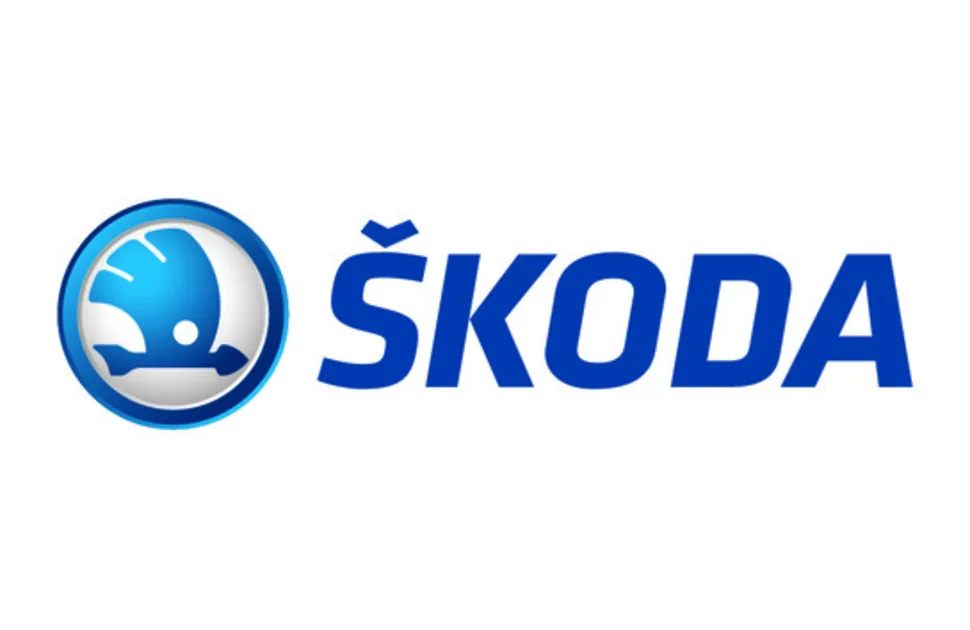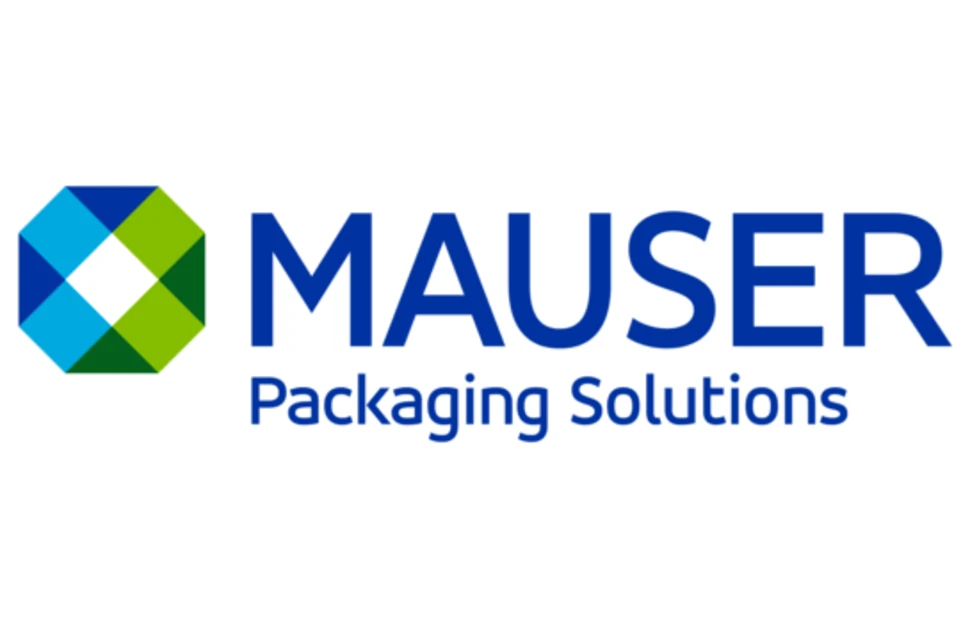Demand uptick could strain EU stainless supply
The European Commission’s decision to impose import duties on cold rolled stainless steel from Taiwan, Turkey and Vietnam will further tighten the region’s supply.
MEPS International reported earlier this week (March 5) how the Commission’s anticircumvention investigation had concluded that flat product imports from these countries had circumvented the countervailing duty on Indonesian stainless steel cold rolled (SSCR) flat products.
Consequently, the existing Indonesian CVD measures will be applied to imports of SSCR flat products from Taiwan, Turkey, and Vietnam, resulting in a standard duty of 20.5% on specified material.
MEPS’s February Stainless Steel Review highlighted the effect that the Commission’s CVD investigation was already having on Europe’s stainless steel supply.
It stated that, combined with Europe’s domestic supply issues, the investigation had created a situation where “any considerable increase in demand for stainless cold rolled flat products in Europe could quickly result in shortages after many months of destocking activity and a sharp decline in imports”.
Import options reduced by CVD investigation
Although most market participants are doubtful that there will be a significant rebound in demand in the near future, they are growing more conscious of issues that could affect material availability, it stated.
Read on for the Stainless Steel Review’s summary of the current EU stainless steel supply situation:
Import tonnages have decreased significantly since the European Commission launched its anticircumvention investigation into imports of Indonesian-origin stainless steel flat products from Taiwan, Turkey and Vietnam. Buyers cite the risk of retrospective duties in conjunction with a lack of domestic demand as the main reasons for the reduction.
Data analysed by MEPS showed that, in the period from January 1 to February 16, 2024, the volume of cold rolled stainless steel arriving in the EU from Taiwan, Turkey, and the “other countries” category decreased by 57,000 tonnes, when compared with the same period in 2023. This amounted to a reduction of almost 80%.
Several respondents remain hopeful that there will be some news or preliminary notification regarding the expected outcome of the European Commission’s anticircumvention investigation ahead of the May deadline. While awaiting news of the decisions, buyers will continue to avoid ordering cold rolled coil and sheet from the affected countries. The quota uptake is, therefore, likely to remain underutilised for the remainder of the current quarter and the April 1 to June 30 quota period.
Supply disruptions could lead to shortages
Not only have arrivals of imported cold rolled coil slowed, but domestic supply is also increasingly constrained. Cost inflation and a lack of distributor restocking led steelmakers to reduce output in 2023 and they continue to operate at these lower production levels.
Despite a pickup in bookings, delivery lead times have remained short, at four-to-six weeks. However, several respondents commented that they had experienced late deliveries from Aperam.
Buyers still only purchase for their immediate needs. Inventory levels across Europe continue to fall but are reportedly lower in Southern European countries.
Material availability, particularly in Spain, is likely to be further constrained in the coming weeks because of industrial action.
Workers at the Acerinox Los Barrios plant, in Cadiz, started indefinite strike action on February 5. The plant has a 1.2 million tonne annual production capacity, and there has been no official update on what effect the strike is likely to have on their order books. Customers reported receiving letters notifying them of delays to their outstanding orders, but with no revised delivery dates.
Several MEPS respondents confirmed that they had either moved or placed orders with alternative mills to mitigate the risk of late deliveries to their customers. Others were in no rush to receive the delayed material. Many suggested that, although it was too early for the strike to trigger any panic buying in February, other producers were attempting to raise prices.
It is likely that the mills will be more successful with price increases for cold rolled coils and sheets next month, assuming the action continues.
- The above report first appeared in the February edition of MEPS International's Stainless Steel Review. The monthly report provides subscribers with steel prices, indices, market commentary and forecasts from across the globe.

Source:
Stainless Steel Review
The MEPS Stainless Steel Review is an invaluable monthly guide to international stainless steel prices and includes the latest global stainless steel industry analysis.
Go to productRequest a free publication





